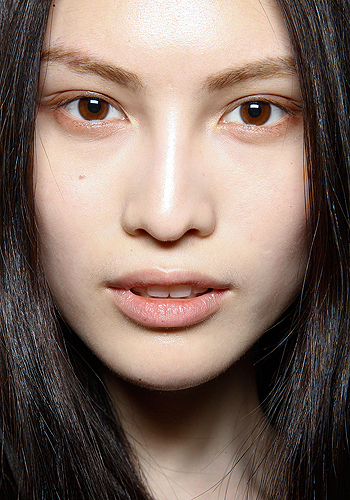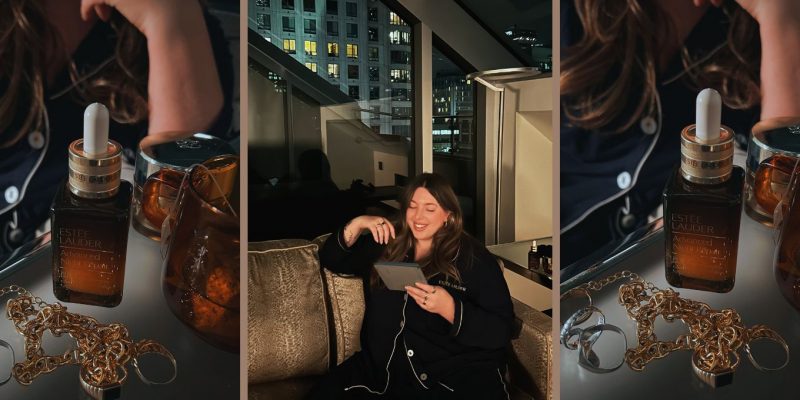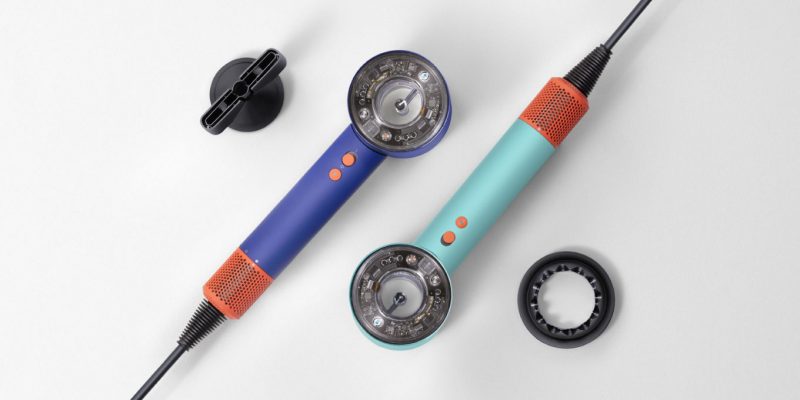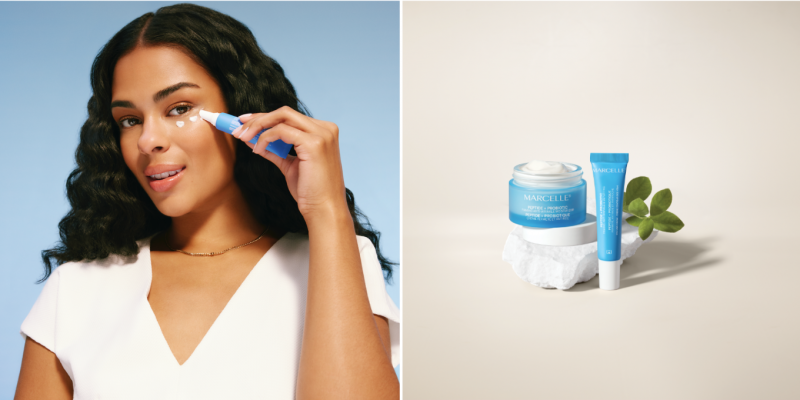Beauty
Oily skin: Myths and facts
Calling all oily skin sufferers. We’ve decoded the facts and myths behind your shiny skin problems for the best guide to oily skin.
by : Jennifer Weatherhead- Jul 10th, 2012

When it comes to oily skin there is such a bevy of old wives’ tales, myths and beliefs out there that it can be hard to navigate your way through to perfectly clear and healthy skin. Do you use oil, or don’t you? Do you try to dry your skin out or not? What cleansers and moisturizers should you really be using? So many questions for so much of the population that has to deal with oily-prone skin on a daily basis (even those with combination skin need to be wary of their slick patches). To help disperse some myths and shed light on
shiny skin fixes, we enlisted the help of Dr. Anatoli Freiman, Dermatologist and Medical Director of the Toronto Dermatology Centre (
torontodermatologycentre.com), for his best solutions.
3 big shiny skin myths
1. Oily skin = dirty skin
Think your skin’s ability to produce more oil than you thought possible is because your skin is dirty? Think again. Just because your T-zone gets shiny before noon or you get frequent breakouts doesn’t mean that your skin is necessarily dirty. “Acne and oily skin are not caused by dirt. Human hormones increase during adolescence and stimulate the sebaceous glands of the skin to enlarge, produce oil, and plug the pores,” explains Dr. Freiman. Thinking that shiny skin equals dirty skin is what leads many people to strip the skin of essential oils and over-cleanse, which in turn leads to more oil production and more breakouts.
2. You are what you eat – oily skin is caused by fatty or oily foods
You mid-month craving for potato chips or anything deep fired is certainly not good for your overall health, but Dr. Freiman says it doesn’t always affect the condition of your skin. “
Acne and oily skin are not typically caused by foods. However, if certain foods seem to make your acne worse, try to avoid them. In a few patients, milk or nuts may aggravate acne.” Skin that tends to be on the oily side has more to do with hormones than with what you eat.
More tips to combat shiny skin (hint, it involves a less-is-more approach to makeup!) on the next page …

3. Cosmetics are the best way to cover up oily skin
You blot, supple and pat a little
extra foundation, concealer or powder on shiny areas or slick patches in the morning hoping to shield your oily skin. The real issue with your oily skin is deeper than the surface, however, and, according to Dr. Freiman, using more cosmetics to absorb or cover up oil can have the opposite effect. “Cosmetics use, while it can cover up acne and oily skin, usually occlude skin pores and can make acne and oily skin worse.”
So put down your makeup brushes and follow these simple steps for a better oily skin care routine.
Oily skin: Best practices
Dr. Freiman shares his bets tips for combatting oily skin and to help get your shine in control.
Skin care:
• Wash your face with a mild cleanser (try Alyria, Toleriane, Cetaphil or Spectrogel) and warm water daily. Washing too often or too vigorously may actually make your acne and oily skin worse.
•
Exfoliate once or twice per week (depending on skin type) with an exfoliant (try SwissTec Tri-foliant, Alyria Exfoliating cream).
• To keep your skin less oily and clean from acne, wear as little cosmetics as possible. Oil-free, water-based moisturizers and makeup should be used.
• Choose products that are "non-comedogenic" (this will help reduce the number of blackheads and whiteheads).
• Remove your cosmetics every night with mild soap or a gentle cleanser and water.
• A flesh-tinted acne lotion can safely hide blemishes.
• Loose powder in combination with an oil-free foundation is also good for cover-up.
• Avoid: excessive makeup wear and comedogenic/oil-based products.
• Look for: vitamin A or tretinoin prescription products, which decrease oil production.
Over- the-counter products to try: salicylic acid, benzoyl peroxide, and products containing glycolic acid.
The bottom line on oily skin is this – it’s not an overnight treatment. But with the right products and care, you can keep the shine at bay. “Oily skin and acne treatment is an ongoing process, and improvement takes time,” says Freiman. “It’s best to consult a dermatologist to do a skin assessment and determine the best treatment plan.”
Read more:
Skin care: Eye creams that fight signs of aging
Skin care products: The best exfoliators and scrubs
Sensitive skin: Summer prep
Do you know your skin type?
Newsletter
Join our mailing list for the latest and biggest in fashion trends, beauty, culture and celebrity.
Read Next

Fashion
H&M's Latest Designer Collab With Rokh Just Dropped (And It's So Good)
We chatted with the emerging designer about the collaboration, his favourite pieces and more.
by : Melissa Fejtek- Apr 18th, 2024

Culture
5 Toronto Restaurants to Celebrate Mother’s Day
Treat your mom right with a meal at any of these amazing restaurants.
by : Rebecca Gao- Apr 18th, 2024

Beauty
Tested and Approved: A Skin Saviour That Works While You Sleep
Wake up with your glowiest skin yet—even if you didn’t clock eight hours.
by : ELLE Canada- Apr 11th, 2024




